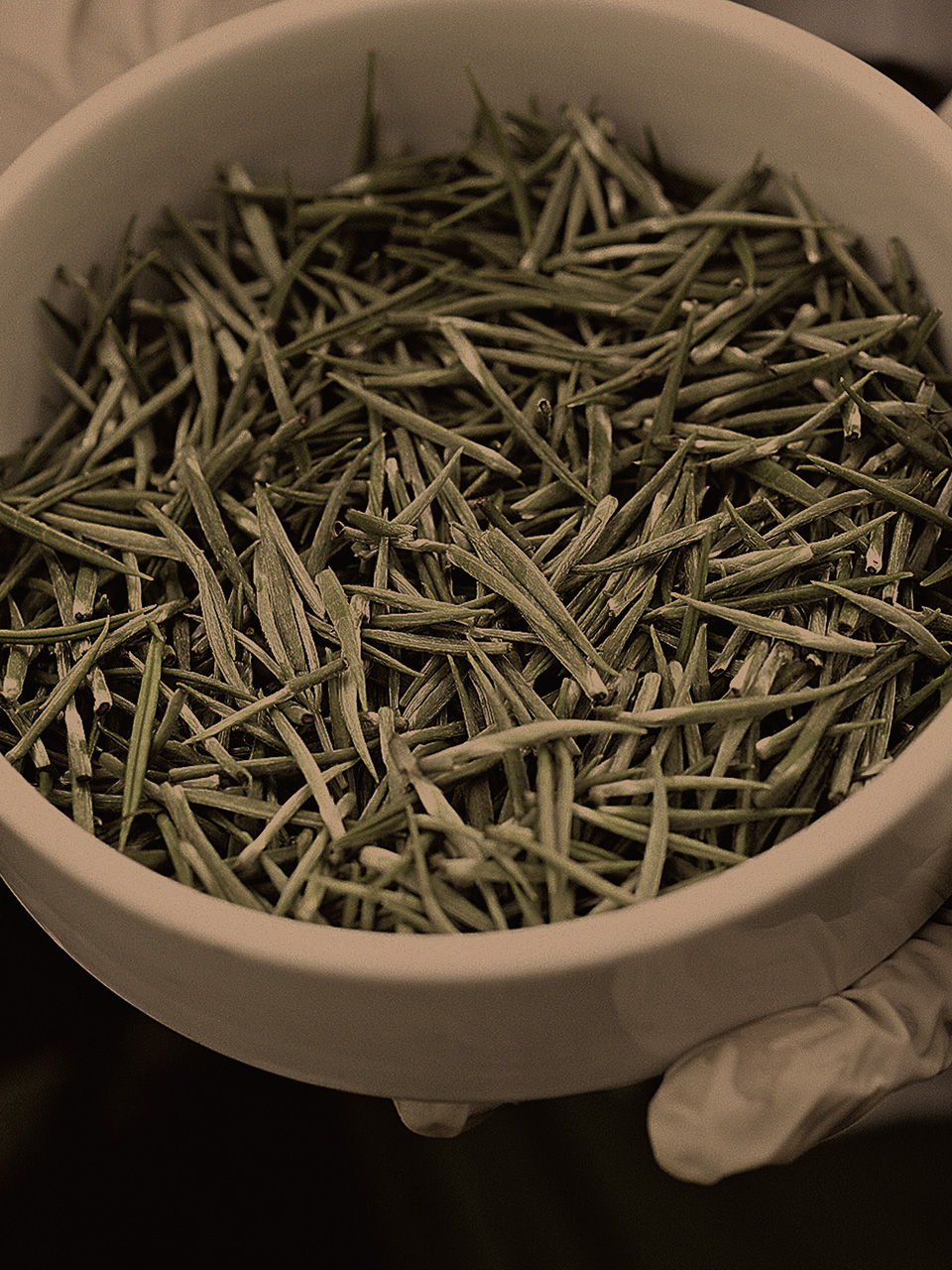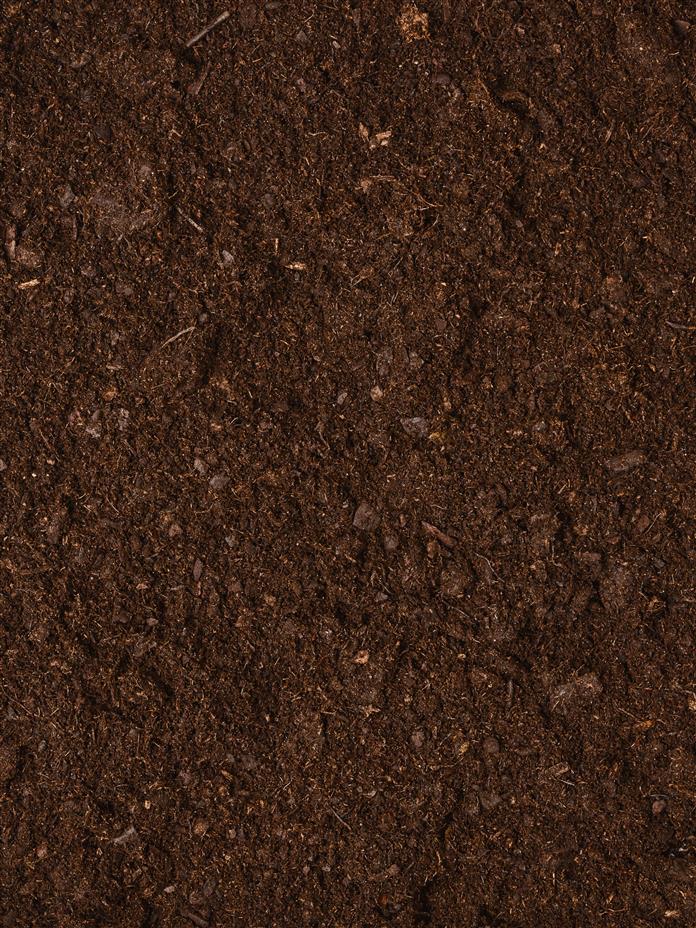Herbal infusions have long been a part of the folk medicine, and are used to treat a variety of ailments. The Story provides information about the method of preparation of damiana tea and its benefits.

Tap to Read ➤
Damiana Tea
Bhakti Satalkar


Herbal infusions have long been a part of the folk medicine, and are used to treat a variety of ailments. The Story provides information about the method of preparation of damiana tea and its benefits.

Also known as "old woman's broom", damiana is a wild shrub that is native to Central and South America. It is used in the treatment of headache, constipation, bed-wetting problems, sexual problems, etc. It is also used to boost stamina.

Tea Recipe

The recipe is very simple and doesn't take more than 20 minutes to make. To make the tea, you will require 1 to 1½ teaspoons of dried leaves for each cup. You can use honey to sweeten it.

Ingredients
- Dried damiana leaves 1 to 1½ teaspoons
- 1 cup water
- Raw honey (sugar) 1 teaspoon
- Lemon wedges (or ½ teaspoon lemon juice) 1
- Boil 1 cup of water in a vessel.
- Place the dried leaves in a mug, and add boiled water to it.
- Cover the cup and let the tea leaves steep into the water for 10 to 15 minutes.
- Strain the tea leaves and add raw honey to it.

Benefits

The shrub is used in the treatment of numerous ailments ranging from mild cases of constipation to boost libido.
- Drinking two to three cups of tea in a day may prove helpful for the treatment of constipation and nervous dyspepsia.
- It is used to treat irritable bowel syndrome, mood swings, and depression.

- People suffering from asthma have also benefited from the use of this tea.
- Its use might prove beneficial for people affected by bronchitis and ENT problems.
- It has proved beneficial in the treatment of menstrual problems.

- According to folk herbalist, it helps in enhancing sexual stimulation in both the sexes, and also helps in countering impotence in men and frigidity in women.
- Many people consume this tea, as it helps in increasing the energy level, thereby combating lethargy.

Side Effects

Although there are numerous benefits of damiana tea, there are a few side effects as well. If high doses of this shrub are taken, it may cause diarrhea, which can lead to dehydration. It might also affect blood sugar level in diabetics, which is why they should be cautious before they take the tea.

People affected by kidney diseases, may want to refrain from the consumption of this tea. Also very high dosage of this tea may cause disorientation, dizziness, headache, and insomnia. Pregnant women and lactating mothers should NOT consume tea brewed from its leaves, as its effect on pregnancy has not yet been thoroughly examined.

It is always recommended to consult a health care professional before consumption of any herbal product, to avoid any side effects. The appropriate dose of this product depends on the person's health, age, and several other conditions. Since an appropriate dose of this medicine has not yet been determined, the product should not be consumed without any medical advice. At the same time, your health care professional will be in a better position to judge if it is suitable for you.

Disclaimer: This Story is for informative purposes only, and should not be used as a replacement for the advice of a medical expert or herbal practitioner.